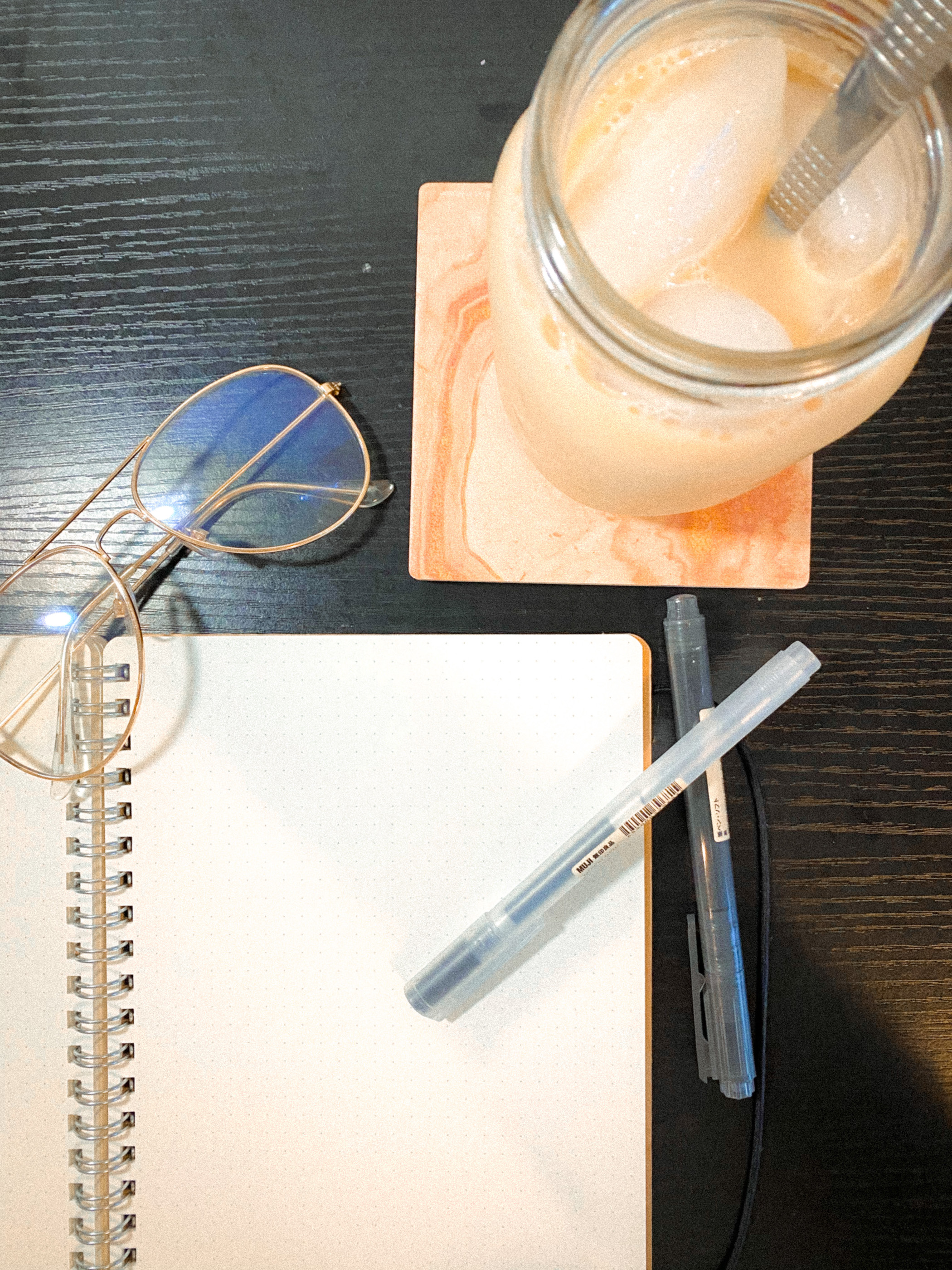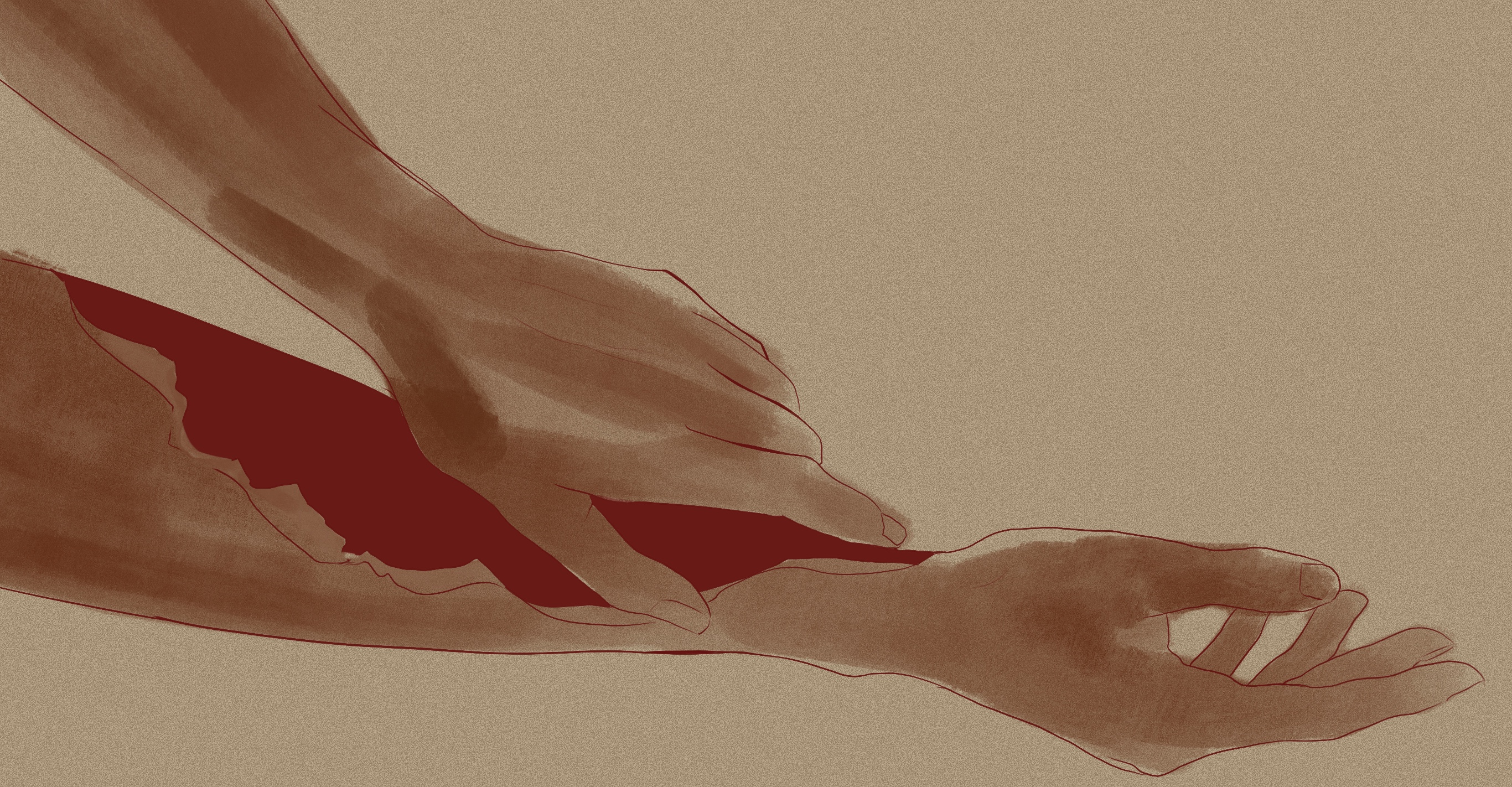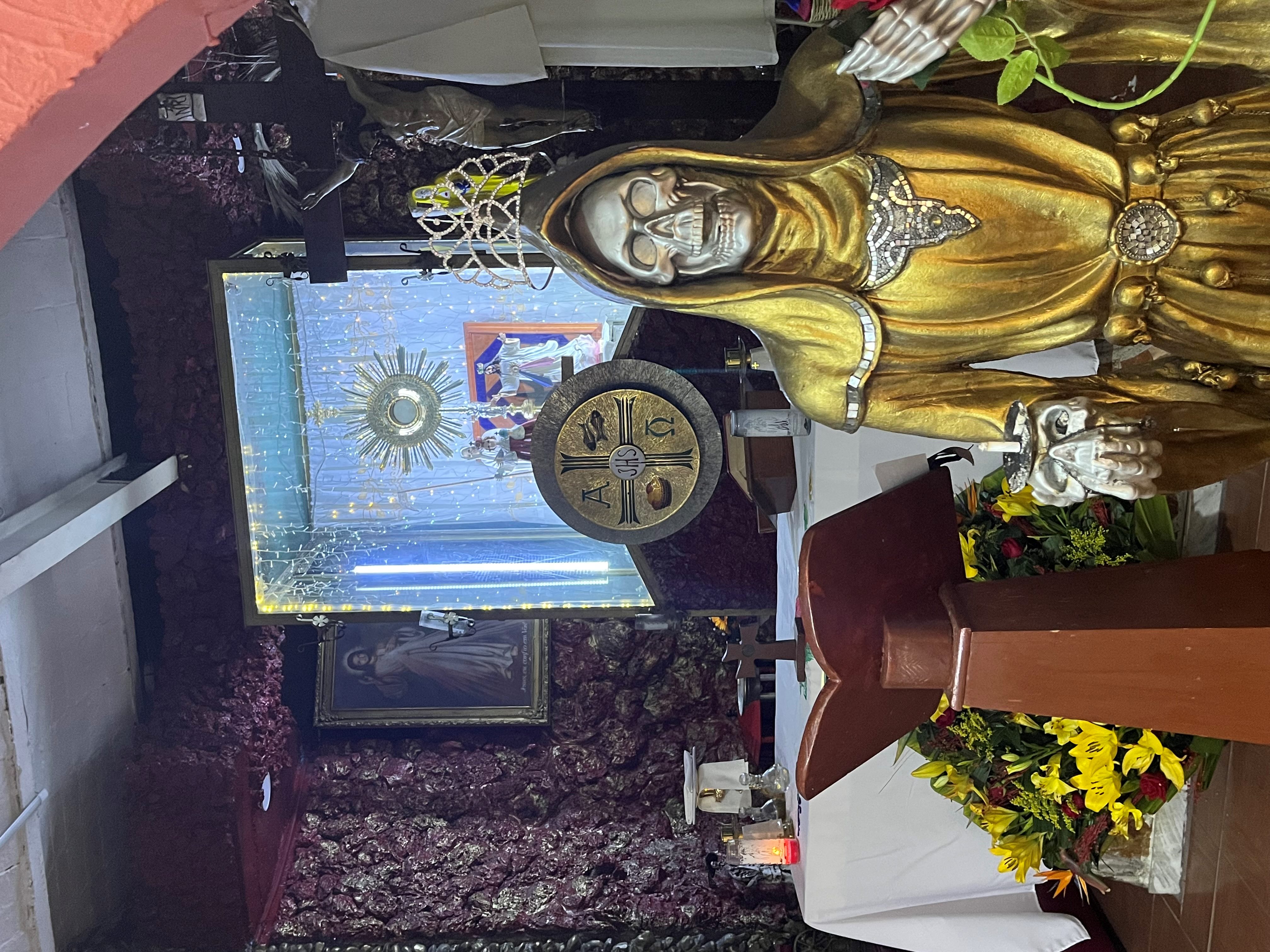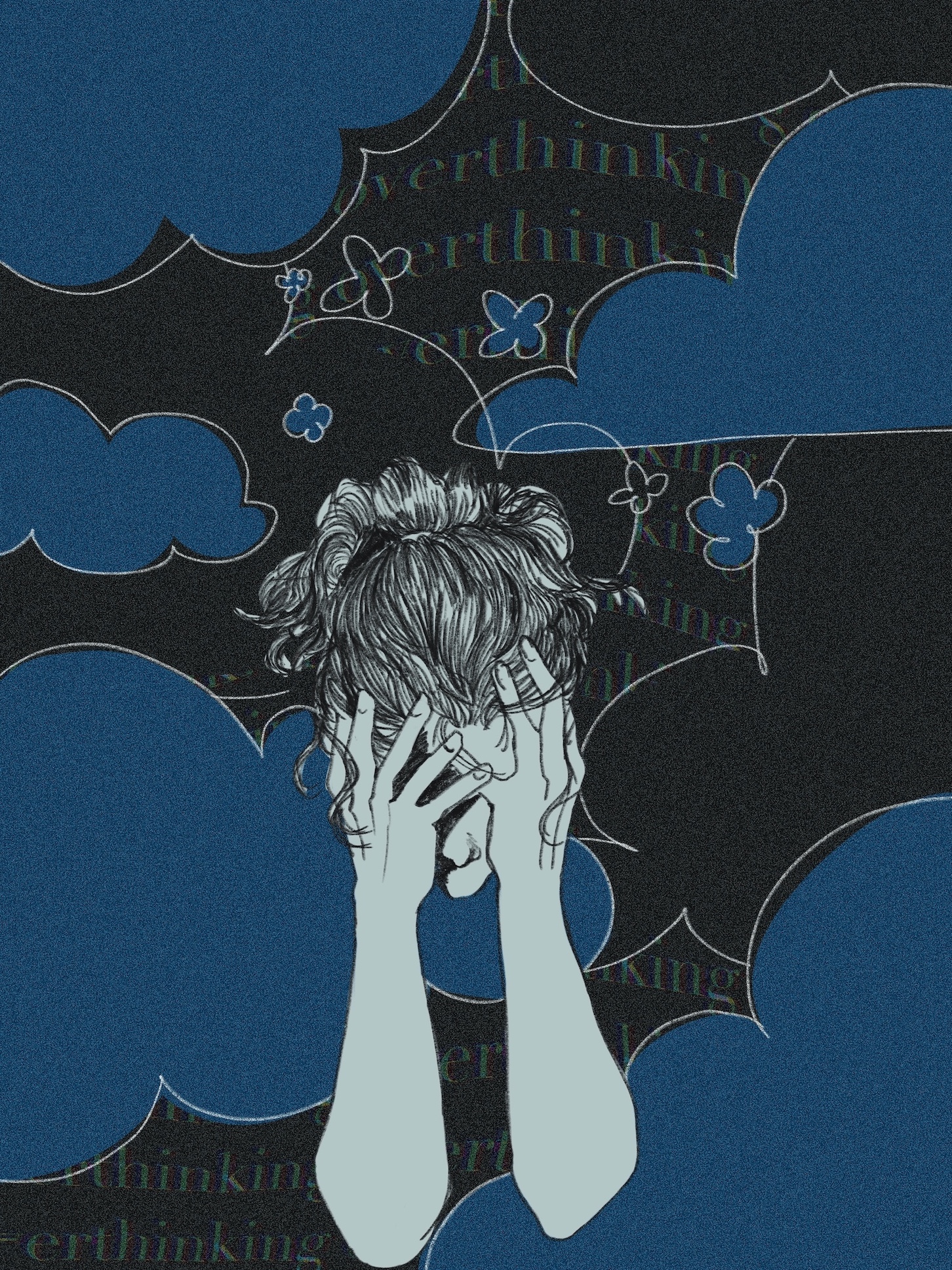Write for Your Eyes Only

Photo by: Ruth Chincanchan
I can’t remember a point in my life where I didn’t find comfort in the spaces between the lines of a page. As a young girl, I enjoyed reading. I read so often my eyes would force themselves shut every night, exhausted from the strain of left to right. I remember learning how to walk to school and read at the same time so that I could get to the next chapter faster. The many worlds that fit between the paperback covers captivated me. I even more so admired the authors’ ability to conjure up such a concept. When I would read lines that I admired, I’d read them over and over again, slowing down at each word to appreciate the author’s construction of language and appreciate the images the lines created. Whether it was fiction or nonfiction, the ornate book spines called my name and occupied me for hours. My passion for books never dwindled, but as I navigated high school and college, most days I found myself reading more so for completion than enjoyment. My itch to finish the next chapter faded to a small twitch that inclined me to turn a page when I got around to it.
It wouldn’t be until I began writing for myself that my love for books would spark up again. While being wrapped in the chaos of college, life, or whatever you want to call it, I was in desperate need of a form of release. I began to keep a journal for when I felt overwhelmed. The journal helped me channel my feelings into something that soothed me: writing. Instead of crying on Twitter, or my private story, or even venting to friends, which became tiresome for me and everyone on my close friends list, I picked up a pen and wrote about whatever I needed. I found that by writing down my thoughts, I worked towards eventually understanding them. Most of the time I didn’t know what I was feeling, but because I felt, I wrote.
Now, I didn’t just pick up a pen and begin writing pages of emotional memories. I usually wrote 3-5 sentences each month whenever I got the urge. The act of writing, even if it was only when it felt convenient to me, allowed me to have a moment of pause. A moment where I could fulfill the release I was in search of. As I found comfort in the space of the page, I began to write more. I wrote to reflect on trying moments,remember old memories or even imagine new ones. Journaling would eventually lead me back to the book stacks, helping me appreciate an author’s “journal” and their articulate way of telling their story. My journal reminded me about my passion for books, and eventually showed me my passion for poetry.
I did not take my writing seriously until I began journaling. I had attempted it before, writing choppy short stories and other creative pieces, but like most, fanfics never go very far from Wattpad. While writing, I realized I needed to find my style one that was unique to my voice. A journal helped me log my thoughts and reflect, even remember moments I thought I had forgotten. I found keeping a journal helped me sort through my inner thoughts. Allowing me to process my sentiments as well as allowing me to delve into the imaginative all in one space. With my journal, I was able to do as I pleased, and this freedom allowed me to branch out my writing and even reflect on these attempts to grow as a writer. The great thing about journaling for yourself is that no one can tell you how to fill that blank page, leaving it up to the creator to express themselves in any manner they see fit.
When my words didn’t embody my emotions, I scribbled drawings and small comics that made me laugh and forget why I was even upset. I think journaling helped me not only in rediscovering my passions but also has helped me get through much of the usual day to day jumble. My journal became a safe space for me, one where I was embraced fully. Keeping a journal has helped me move forward in my life, even through difficulties looming overhead, embodying the space of release that I and many others look for in life. In my experience, journaling helps slow our fast paced thoughts, allowing us to reflect on them, and even more so, create something new from our experiences. It helps us process our states of mind and states of being, helping connect us to ourselves and others.
The biggest issue with writing is starting your piece. Many assume when you begin writing, you already know what you mean to say, which isn’t always the case. The great thing about journals is that they do not assume you know what you want to say but acknowledges that there is something to be said. Journaling provides a space to work through the difficulties. Journals allow for transformation and change, alleviating the stress of beginning or not knowing how to begin. In a journal, there is no restriction to stay within the lines of prose or poetry; you can change how and what you write whenever you’d like.
Another fear many have is writing something down and having others read it, or worse, judge it. Journaling works in a space away from this realm; rather than writing for others to read, you write for your eyes only. The journal is a space for your inner workings and not meant to be a performance we sometimes put on for others. Instead of writing for someone else’s eyes, write for the person you once were, who you plan on becoming. The point is to pick up a pen and write something you have been wanting to say because journals work as safe spaces that allow for development and growth. To help aid you in this process of writing, here are some journal prompts that could help launch your writing!
Prompts
- What was a moment that made you begin to doubt yourself?
- Write the longest sentence possible – this is a run-on safe space.
- Write a letter to your younger self.
- If you were told you had six months left to live, what would you do?
- Free write two separate events/experiences. Then, intertwine them by taking lines from each free write and layering them, see what you end up with! A new poem maybe?
In moments of complete disarray, pause and reflection are crucial for the development of the state of mind. As we continue to face troubling times it is important to pause and document our emotions along with our experiences. It is easy to get lost in the simplicity of a tweet and although the quick release is important in moments of distress, taking the time to pause and write down our inner thoughts is important to the vitality of authentic creation. Journaling allows us to develop artistic and mindful selves as we document our experiences.











Leave a Reply
Want to join the discussion?Feel free to contribute!